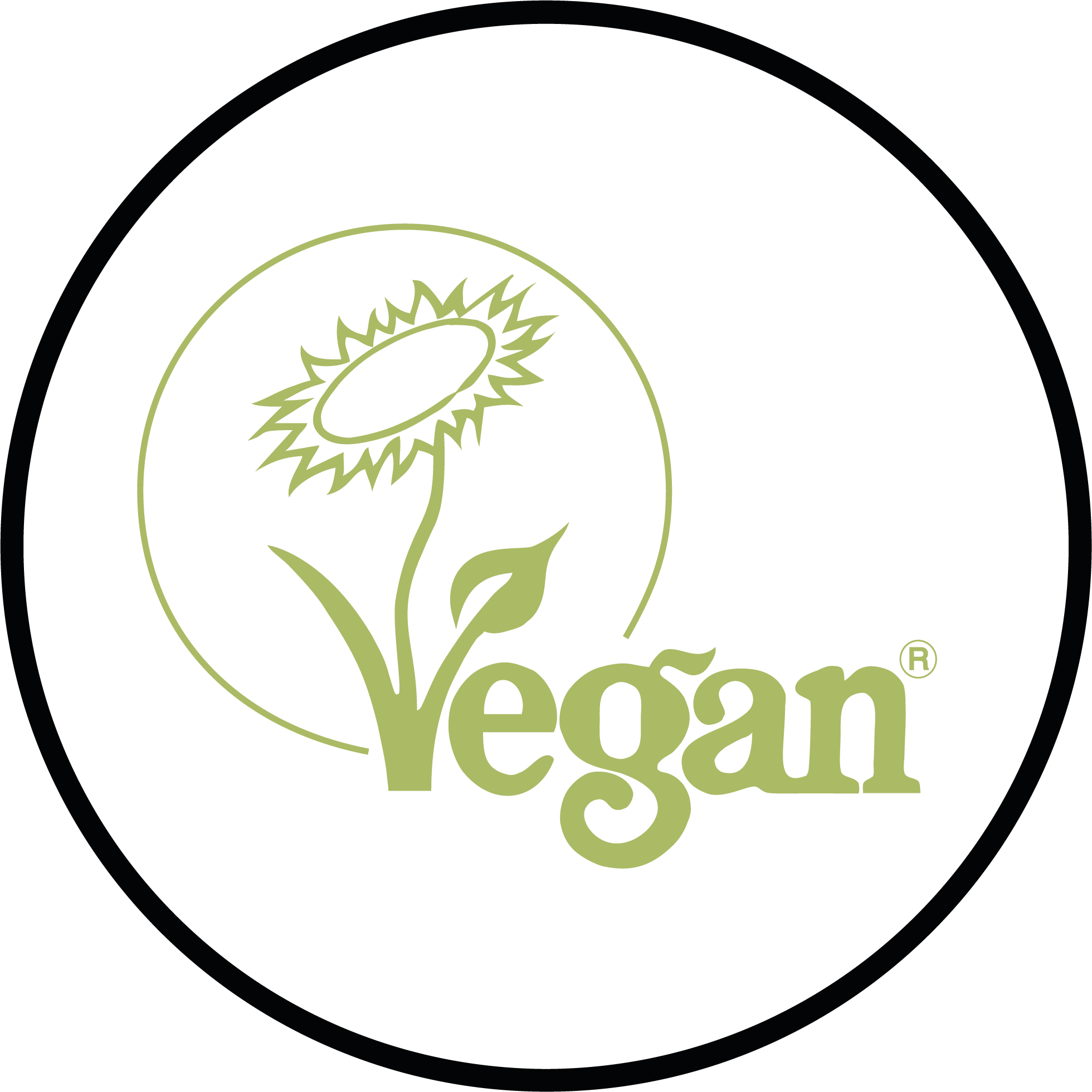
Vegan

Cruelty Free

Gluten Free
Discover premium 100% natural supplements, backed by science and research to support gut, mood, sleep, immunity, joint health and more.

Sign up for exclusive offers, original stories, events and more.